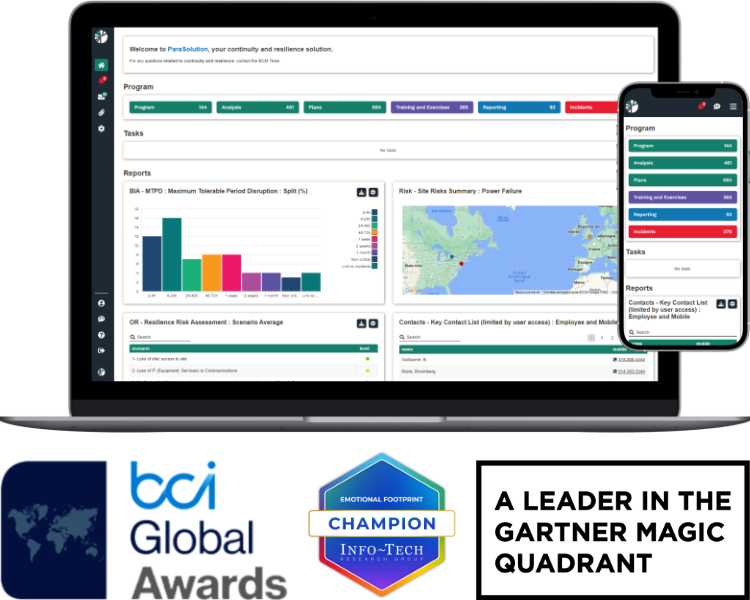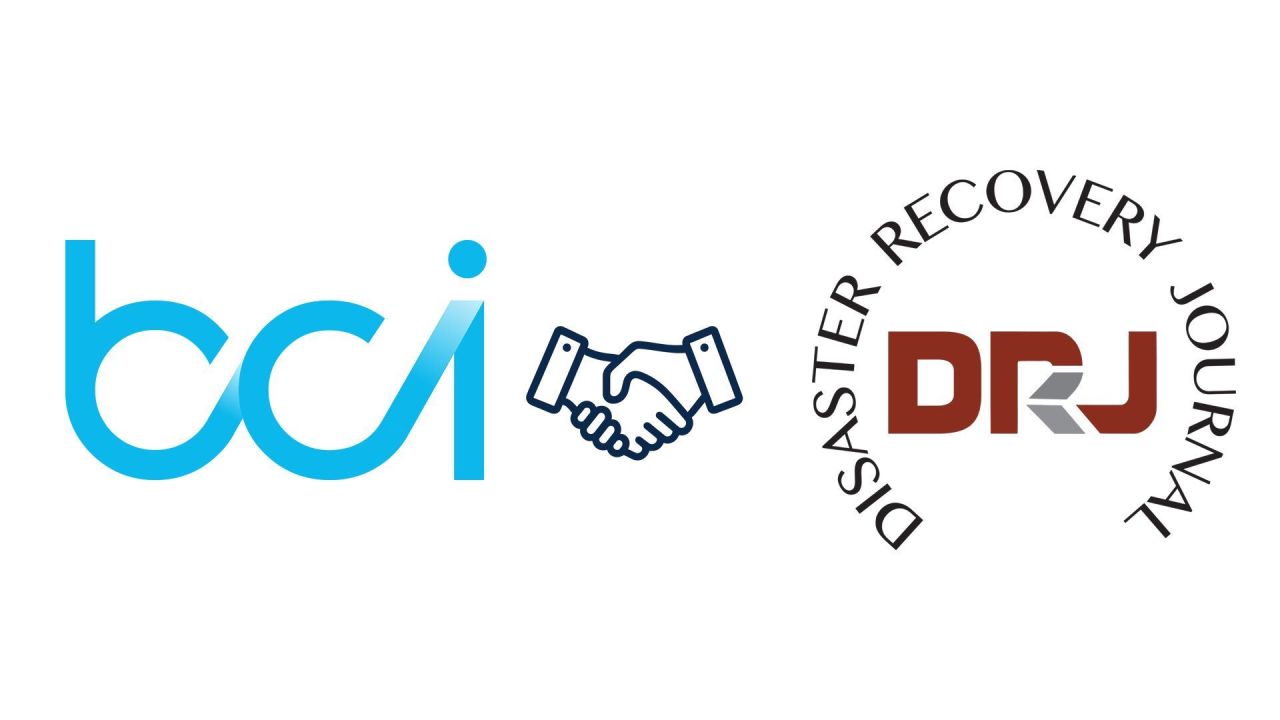Strengthen business continuity skills with BCI training and certifications in French, designed for French-speaking professionals in Europe. Learn more.
What is Business Continuity and why is it important?

Ensuring that priority operations remain dependable and unaffected by potential disruptions is crucial.
Central to this is the concept of Business Continuity. This term might have come up in corporate meetings, seminars, or risk management discussions. But what is it exactly?
Continue reading to find out about business continuity and its role in the business landscape!
What is Business Continuity?
Business Continuity (BC) is the capability of an organization to continue the delivery of products and services within acceptable time frames at predefined capacity during a disruption. (Source: ISO22300:2021)
Whether it's information technology issues, natural events, or other disruptions, business continuity management makes sure an organisation stays on its feet and gets back to business quickly.
It's all about risk management, preparing for the unexpected and ensuring priority operations keep running regardless of what impacts an organization.

Categories of consequences in business continuity
It's important to know that in business continuity, it is not practical or reasonable to attempt to prepare for every potential incident or crisis.The documentation and updates required would be endless!
To make business continuity planning efficient and manageable, we instead prepare based on categories of disruptive event that encompass most potential incidents or crises.
Here are 4 common types of consequence:
- Loss of site
- Loss of staff
- Loss of ICT
- Interruption of suppliers
Business Continuity is not just about recovery; it's about ensuring continuous operations and a state of resilience against disturbances.

Why is Business Continuity Important?
Business Continuity helps ensure the resilience of an organization in the face of disruptive events, by securing its assets and preserving its ability to pursue its mission without significant interruptions.
Here are 10 key reasons to prioritize continuity in your organization:
- Minimizing Downtime: Disruptions can be costly. Business continuity ensures that an organization can continue operating or return to regular operations swiftly, reducing potential revenue loss.
- Risk Management: BC is a proactive approach, allowing companies to identify potential risks and vulnerabilities, ensuring they are well-equipped to tackle challenges.
- Regulatory Compliance: Many industries have specific regulations requiring businesses to have a BC plan. Being compliant helps avoid potential penalties, legal consequences, or loss of licenses.
- Ensuring Financial Stability: Extended downtimes or disruptions can lead to significant financial losses. Business continuity provides a safety net of resiliency, helping to safeguard organisation’s bottom line when needed.
- Protecting Reputation: In today’s fast-paced social media age, an organisation’s inability to manage a crisis can tarnish its image and reputation. An effective business continuity plan assures stakeholders, clients, and the public of the organization’s resilience.
- Safeguarding Assets: From physical assets like infrastructure to less intangible ones such as data and intellectual property, BC plans help protect and ensure the continued availability of these vital assets.
- Maintaining Client Trust: Clients and customers prefer doing business with companies that showcase reliability and preparedness. A robust BC strategy instills confidence, fostering client trust and loyalty.
- Employee Confidence and Morale: Knowing there is a well-structured plan in place provides employees with a sense of safety, security and direction, especially during challenging times.
- Competitive Advantage: In the face of industry-wide disruptions, organizations with well-executed BC plans can continue operations while competitors might struggle, offering a unique position in the market.
- Long-term Sustainability: A business that can weather storms and bounce back from adversities showcases resilience, ensuring its longevity and sustainability in a competitive marketplace.

Business continuity is much more than a buzzword!
In summary, business continuity is much more than a buzzword; it's a proactive process that ensures organizations maintain their essential functions in the event of an incident!
Being prepared for the unexpected can make the difference between thriving and barely surviving.
By understanding its importance and investing in a comprehensive BC strategy, organizations not only safeguard their present but also fortify their future!
Learn more about business continuity
Continue your reading with our next article: "What is a Business Continuity Plan and why do you need one"
Or strengthen your business continuity expertise with these courses and certifications renowned internationally.









